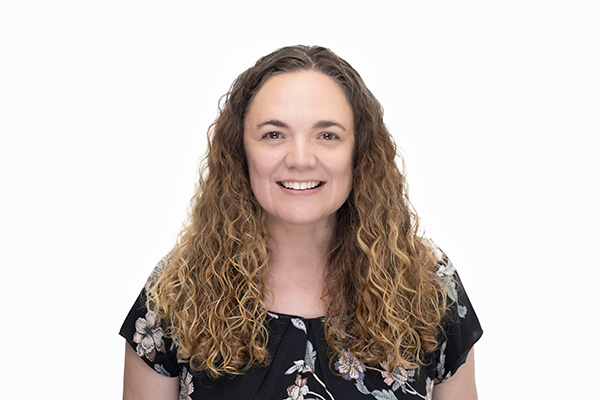Lisa Anemaat is a speech pathologist currently completing her PhD while working out of the Queensland Aphasia Research Centre (QARC). We recently caught up with her to find out more about her experiences as a HDR student, and what her future holds.
What inspired you to undertake a PhD?
 I had worked as nurse for a number of years, including working cross-culturally in mainland China (14years), before starting a new career as a Speech Pathologist after returning to Australia. Experiencing a foreign healthcare system first-hand (as a patient), gave me an appreciation for how daunting it can be for patients not familiar with it, especially for someone still learning the language and culture.
I had worked as nurse for a number of years, including working cross-culturally in mainland China (14years), before starting a new career as a Speech Pathologist after returning to Australia. Experiencing a foreign healthcare system first-hand (as a patient), gave me an appreciation for how daunting it can be for patients not familiar with it, especially for someone still learning the language and culture.
I loved working as a clinician both as a nurse and later as a speech pathologist in post stroke rehab, but found myself constantly asking how we could improve, how we could do better with the care we provide. This led me to explore speech pathology research, and I really fell into a role working in a language and neuroscience lab (led by Prof David Copland) at the UQ Centre for Clinical Research (UQCCR) as a speech pathology research assistant. I hadn’t been there long before I realised that research was really my new home and if I wanted to move into a career in research, then completing a PhD was naturally the next step for me.
Choosing the what was a larger question. I had spent a large part of my career dedicated to improving care for those with limited capacity to be heard in social welfare (cross-culturally), so it is perhaps not surprising that I was drawn to exploring how we might improve care for those living with post-stroke aphasia (acquired language and communication disorder) when I entered research. I was working with a team on two large clinical aphasia research trials using neuroimaging and quantitative methods when the Queensland Aphasia Research Centre (QARC) opened. While I loved the research I was involved in, I was immediately drawn to a new project, using Experience-Based Co-design to co-design services for the QARC. This paired my love for exploring patient experiences and ways to improve healthcare services, with care for people with post-stroke aphasia.
What are your key research interests?
Aphasia, understanding consumers (patient, family, carers) experiences of healthcare and supporting their meaningful involvement in health services research. Finding ways to work with others to empower those of Aboriginal and/or Torres Strait Islander origin to do research that they are interested in. Using collaborative and co-design methods.
What is your PhD research project about?
Broadly, to co-design aphasia services for the Queensland Aphasia Research Centre. More specifically, we have partnered with 21 Queensland Hospital and Health Service sites across remote, regional and metropolitan Queensland to explore patient, carer and clinician perspectives of care and to identify where gaps in services exist across the continuum of care. We have used Experience Based Co-design methods to work collaboratively with those with lived experience to determine the top priorities for aphasia service development moving forward and to conceptualise and design a way to target one of those top priorities.
What do you enjoy most about being a PhD student?
Meeting some amazing people, learning new skills, and the opportunity to be mentored by some really incredible and generous people, far smarter than me.
What is one piece of advice you would give to someone thinking about studying a PhD?
Pace yourself, look after you, pick a topic you love, and if you are doing a PhD with a family (like me), schedule in quality time – they are partners in this journey with you.
What three words would you use to describe the life of a PhD student?
Rewarding, challenging and exciting (sometimes)
What do you like to do in your spare time when you are not working on your PhD?
Spend time with family and friends (usually playing boardgames or sharing cheese and wine).
What are three words your fellow students would use to describe you?
Hopefully more helpful that annoying, detail-oriented and passionate (about consumer involvement).
Where do you see yourself in 10 years?
Ideally, involved in a research career with some wonderful friends who enjoy research too.



